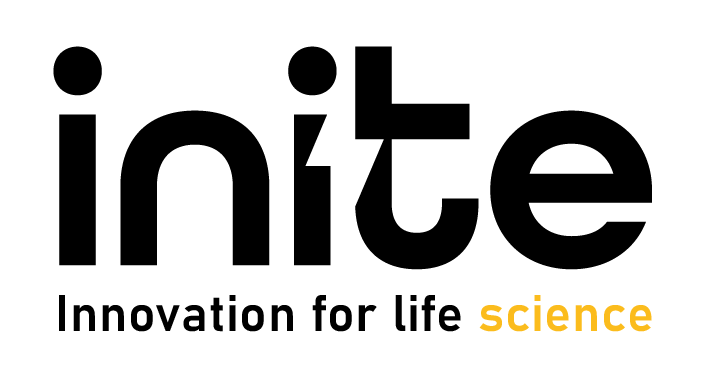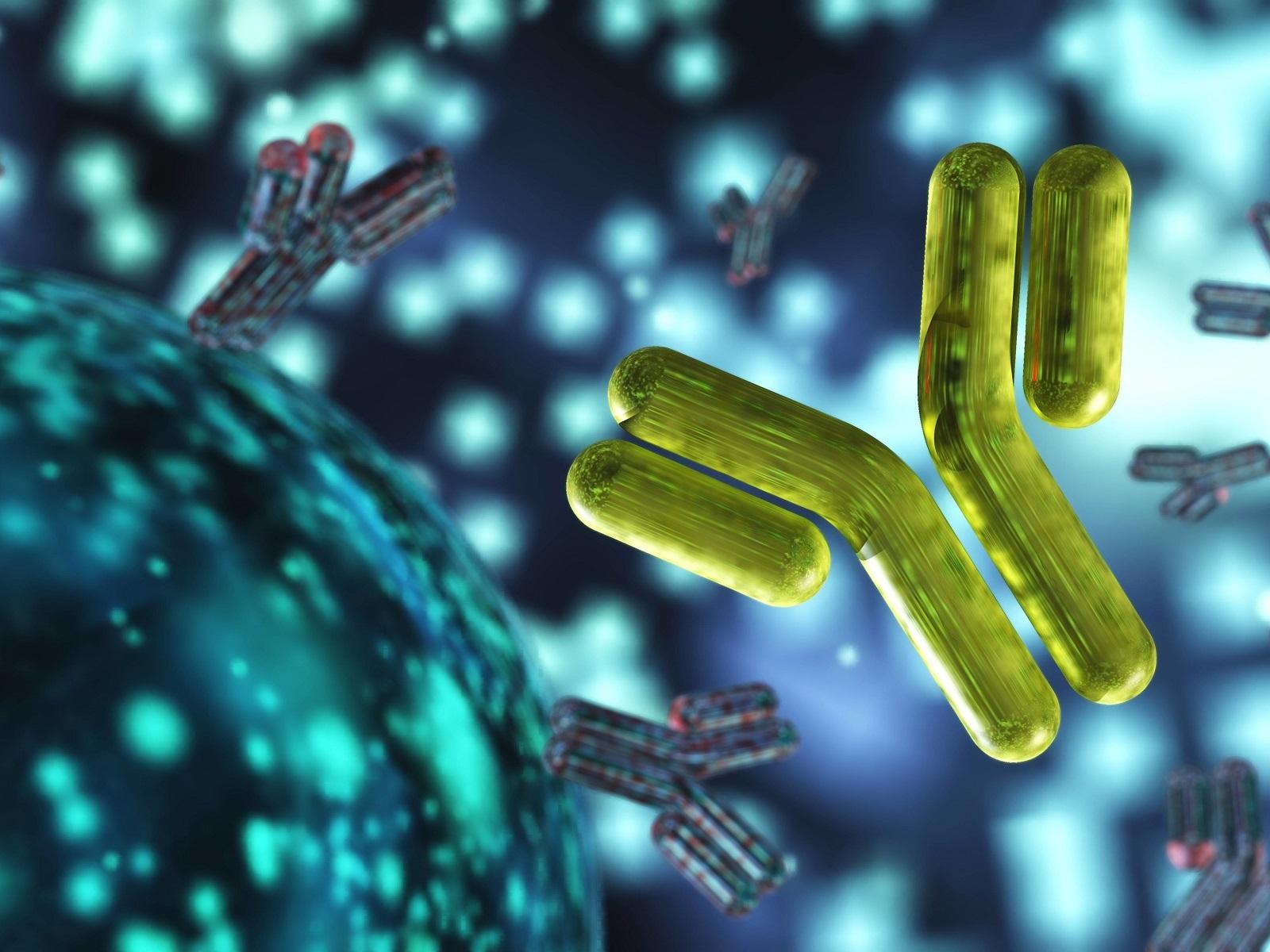In the world of healthcare and biotechnology, one of the most exciting applications of machine learning technology is in the field of antibody design and therapy. Antibodies play a crucial role in our immune system’s defense against pathogens and diseases, and with the help of machine learning, scientists are now able to create more effective and personalized antibodies for various medical purposes. In this blog post, we will explore the role of machine learning in antibody design and therapy and its profound impact on the future of healthcare.
Traditionally, the development of therapeutic antibodies involved a lengthy and costly process of trial and error. Scientists would isolate antibodies from animals, humanize them to reduce potential side effects, and then test their efficacy in clinical trials. This process could take years and had a high rate of failure.
The Role of Machine Learning
Machine learning has brought a revolutionary change to the field of antibody design and therapy. Here’s how:
- Antigen-Antibody Interaction Prediction: Machine learning algorithms can analyze vast datasets of antigen-antibody interactions to predict how antibodies will bind to specific targets. This allows researchers to design antibodies with higher binding affinity and specificity, increasing their therapeutic effectiveness.
- Epitope Mapping: Identifying the exact binding sites (epitopes) on antigens is crucial for designing antibodies. Machine learning models can predict epitope locations on antigens, enabling the design of antibodies that precisely target these sites.
- Antibody Engineering: Machine learning algorithms assist in antibody engineering by suggesting modifications that enhance their stability, half-life, and efficacy. This leads to the development of optimized therapeutic antibodies.
- Personalized Medicine: Machine learning can analyze individual patient data to design personalized antibodies tailored to a patient’s unique immune system and disease profile. This approach holds great promise for treating conditions like cancer and autoimmune diseases.
- Drug Discovery: Machine learning is accelerating the drug discovery process by identifying potential antibody candidates more quickly and accurately. This reduces research and development costs and speeds up the introduction of new therapies to the market.
Challenges and Ethical Considerations
While the role of machine learning in antibody design and therapy is highly promising, it is not without challenges and ethical considerations. Some of these include:
- Data Quality: Machine learning models heavily rely on high-quality data. Ensuring the accuracy and integrity of the data used for training is essential to avoid biased or erroneous predictions.
- Regulation and Safety: As machine learning accelerates the development of antibodies and drugs, regulatory bodies must keep pace to ensure safety and efficacy. Striking the right balance between innovation and patient safety is crucial.
- Ethical Use: Ethical concerns arise when it comes to personalized medicine. How will patient data be handled, and who will have access to it? Ensuring patient privacy and data security is paramount.
Machine learning is transforming the field of antibody design and therapy, offering new hope for patients with a wide range of diseases. With the ability to predict antigen-antibody interactions, optimize antibody engineering, and enable personalized treatments, machine learning is revolutionizing how we develop and use therapeutic antibodies. However, it’s important to address challenges related to data quality, regulation, and ethics to ensure that these advancements benefit society. As technology continues to advance, the future of healthcare is looking brighter than ever.




